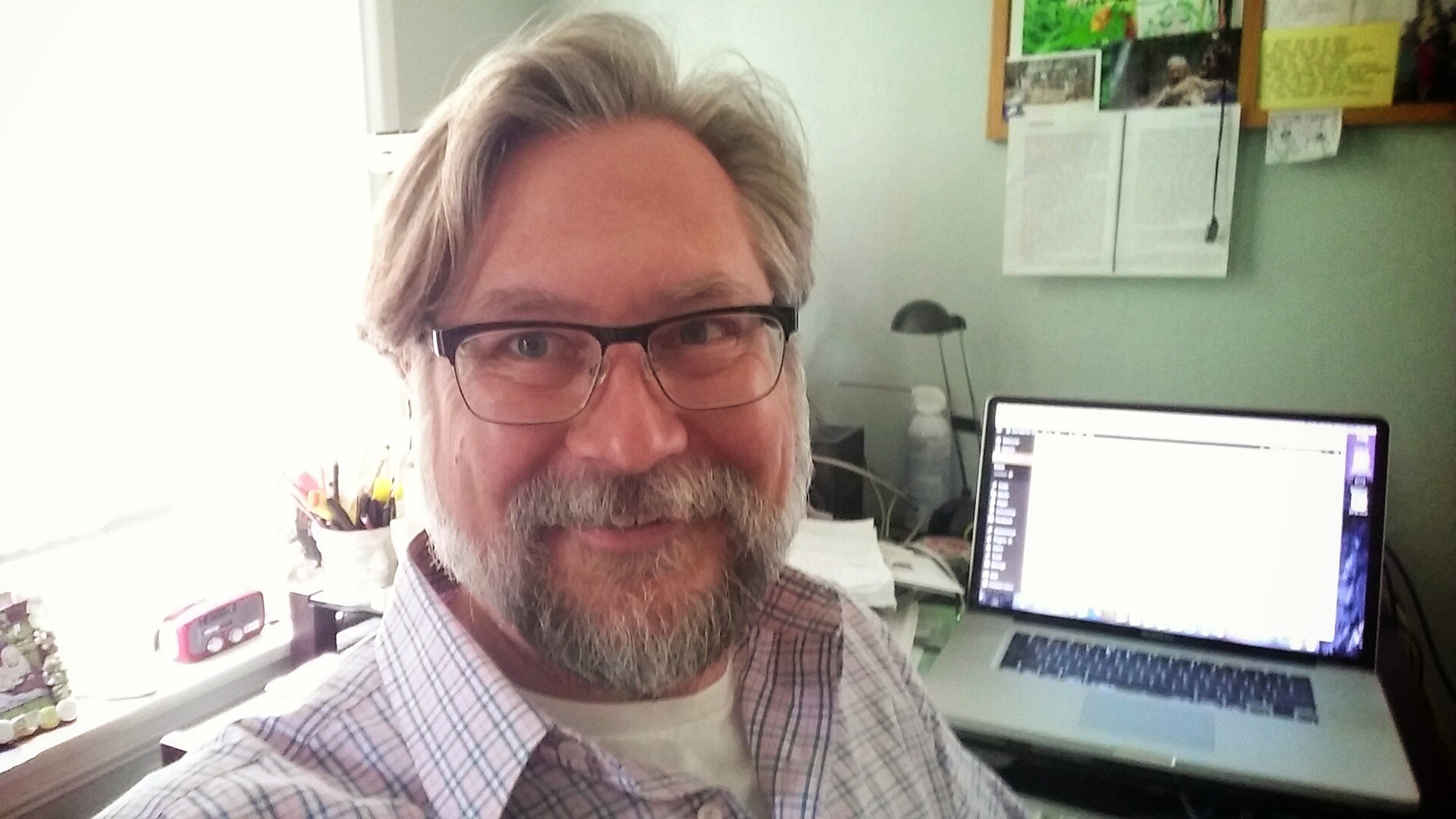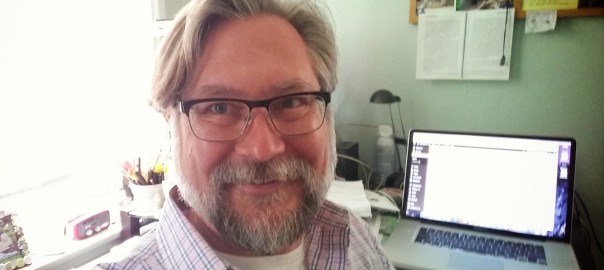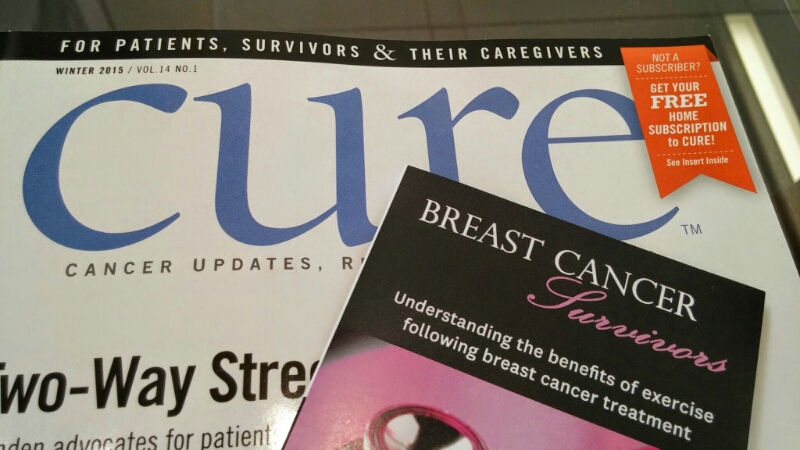A person I know quite well — and with whom I recently have had several lengthy conversations about my current state of affairs — offered an interesting appraisal of her understanding of my health and well-being to my wife. She said, rather unceremoniously, that she had expected me to be dying. In fact, she seemed quite surprised (and possibly a bit put off) by how healthy I appeared. Turns out, I have news for her:
I’m not dead yet.

In fact, here I am, looking quite well (and dare I say “dashing”) in my new progressive lenses picked up today to aid my aging eyes. True, after over 15 years of having a stable prescription, the chemotherapy seems to have begun affecting my vision ever so slightly, at least in the first couple of feet. So this minor side effect has required me to jump straight into trifocal territory. Aside from the minor “swimmy” effect of turning my head side to side while looking through the “mid-range” section, these are actually quite amazing. But that isn’t really what this entry is about, so I’m going to move along.
The thing that most startled me, and which I actually took some offense at, was the notion that a person who is not stupid managed to ignore virtually everything that she had been told about my condition, the state of cancer research and, perhaps most importantly, why statistics do not tell a whole story, or often even a remotely correct one. And what did this person rely upon to make up her mind about what I was going through and my prognosis for continuing life?
Continue reading Not Dead Yet, No Matter What You May Have Read →


